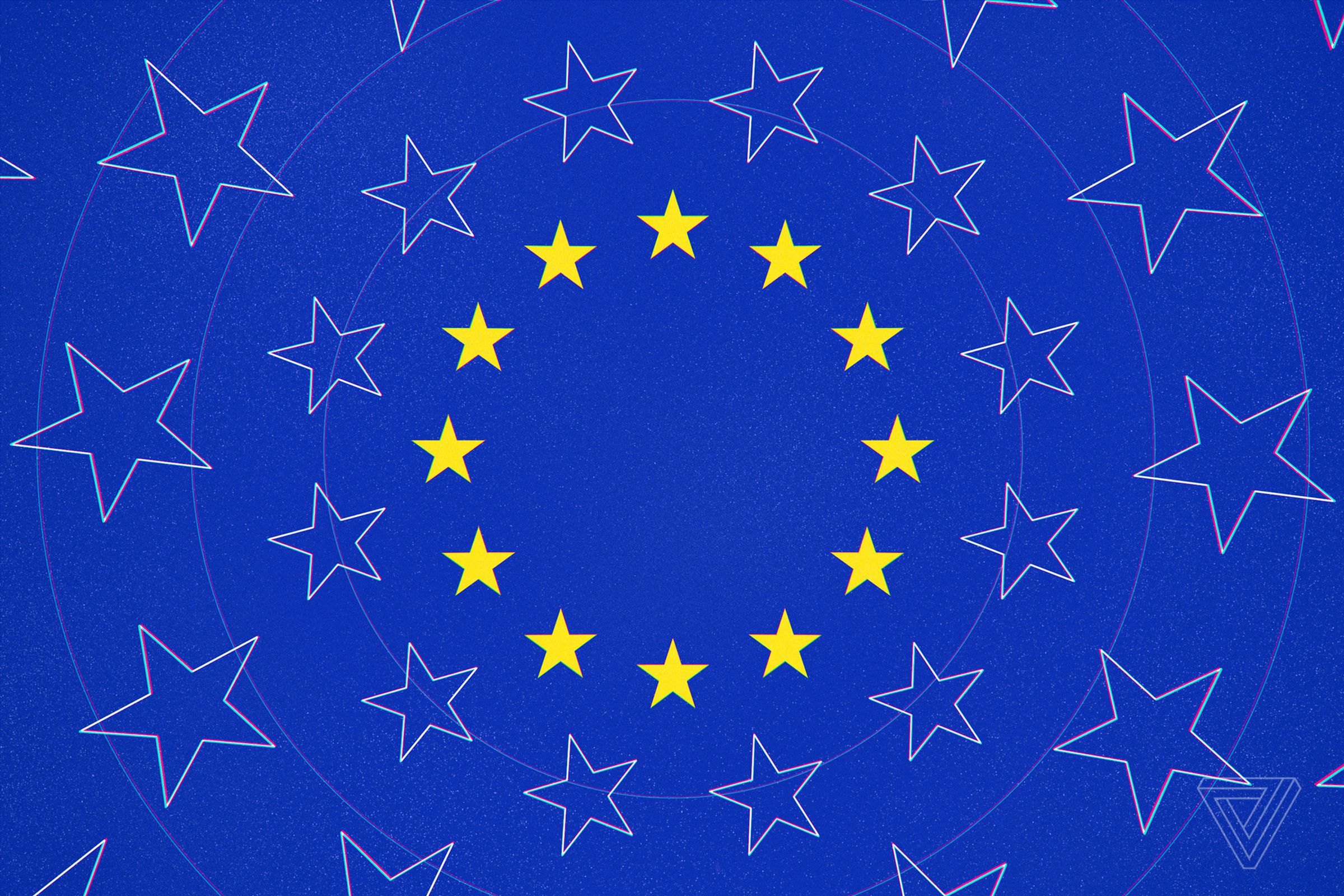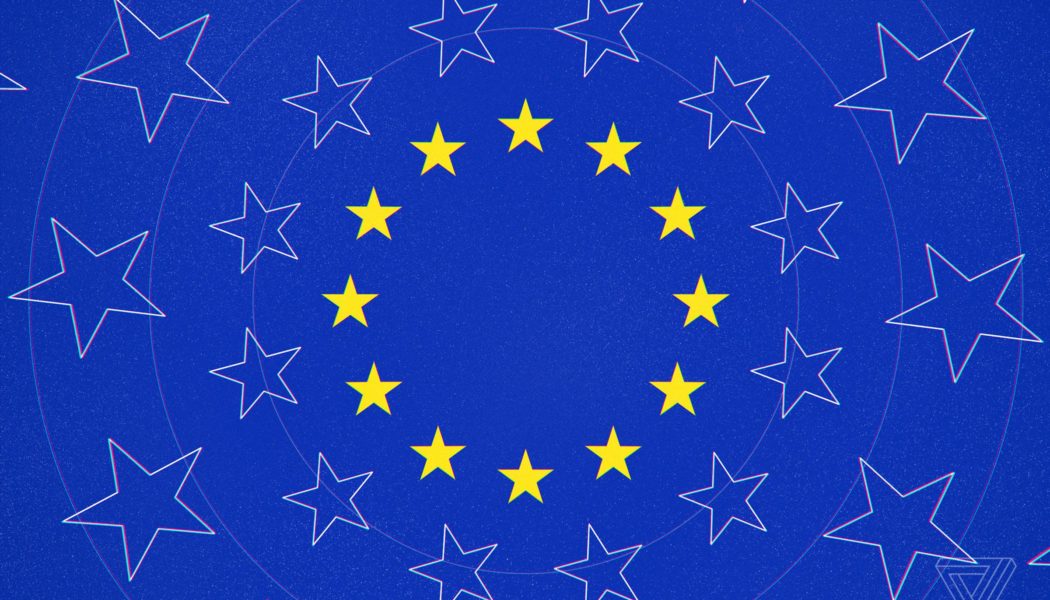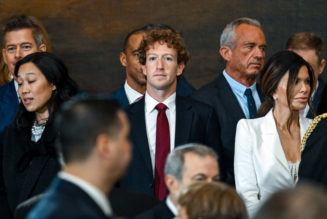Tech companies behind search engines, social networking services, and operating systems with millions of users will face the Digital Market Act’s new rules in the EU soon.

An important deadline just passed for the biggest tech platform companies in the world to notify the European Union (EU) that they are gatekeepers under the Digital Markets Act (DMA). Seven companies have officially acknowledged they meet the criteria: Alphabet (Google), Amazon, Apple, ByteDance (TikTok), Meta (Facebook, Instagram, Whatsapp), Microsoft, and Samsung. Companies on the list have a market capitalization of over €75 billion ($82 billion) and own a social platform or app that has at least 45 million monthly users or 10,000 active business users.
The statement published by EU commissioner Thierry Breton says it “will now check their submissions and designate the gatekeepers for specific platform services by 6 September,” and after that, the companies will have just six months to comply with the DMA’s rules.
Reuters reports that TikTok parent company Bytedance disputed its placement on the list and noted that Booking.com informed regulators it expects to be on the list next year.
According to Breton, the new rules include several key items:
They will no longer be able to lock in users in their ecosystem.
They will no longer be able to decide which apps you need to have pre-installed on your devices; which app store you have to use.
They will not be able to “self-preference”: exploiting the advantage of being the gatekeeper by treating their own products and services more favorably.
Their messaging apps will have to interoperate with others.
Breaking the rules would put companies at risk of a fine of up to 10 percent of its total worldwide turnover, 20 percent for repeat offenders, and repeat failures could lead the commission to “open a market investigation and, if necessary, impose behavioural or structural remedies.”
Apple, which says the new law “will create unnecessary privacy and security vulnerabilities for our users,” has reportedly planned to allow third-party app stores in iOS 17, though with possible restrictions such as only allowing them in Europe or mandating security requirements.
We’re also seeing the beginning of new avenues for competition between the tech giants. Meta said last week it would allow users to download apps via Facebook ads in Europe.









